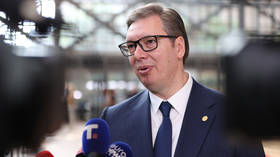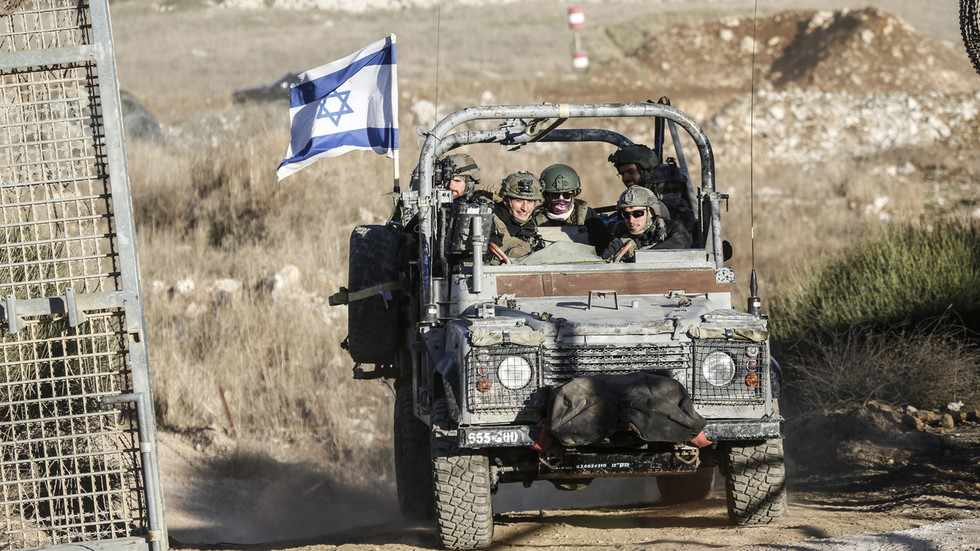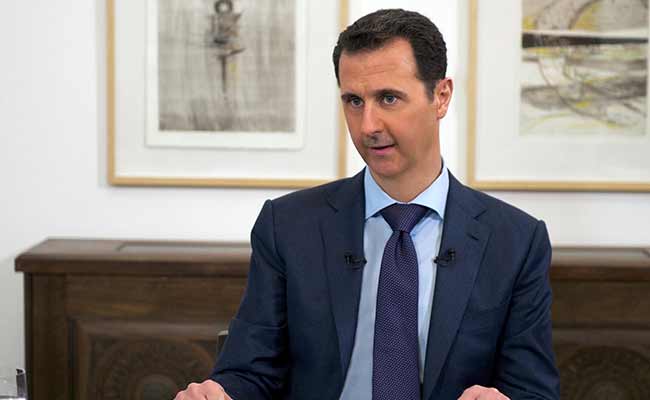The country’s president says the key goal of the upcoming talks will be to ensure energy security for his people
Serbian President Aleksandar Vucic has announced plans to hold talks with the US and Russia this week to dispute Washington’s proposed sanctions against his country’s main oil and gas company, Naftne Industrije Srbije (NIS).
NIS is predominantly owned by Russian state energy major Gazprom. In an interview with Serbian broadcaster Informer TV on Saturday, Vucic revealed that the US was set to slap sanctions on NIS due to its Russian ownership. He said Belgrade had received confirmation of these plans from Washington, and that the measures could take effect as of January 1, 2025.
In a video address posted on Instagram on Sunday, Vucic reiterated that such plans exist, and said the matter had already been discussed with BIA, Serbia’s national security service.
“We discussed what we managed to obtain as official information that sanctions will be imposed on NIS by the US and some other countries. We discussed how to act in this situation, how to react, and how to ensure the safety of Serbian citizens,” he stated, adding that the Serbian authorities plan to “initiate negotiations with the Americans, Russians and everyone else” as early as Monday.
Vucic noted that the key goal of the upcoming talks would be to ensure Serbia’s energy security.
“What is most important for us is that people in Serbia, despite the great problems that we face, do not feel it in their standard of living, in their business, in their daily life in any way,” he stated.
There has been no official confirmation from Washington regarding the upcoming sanctions.
In an earlier interview, Vucic said sanctions against NIS could be a big problem for his country, potentially leaving Serbia without oil in the middle of winter. He suggested that the restrictions may be “part of broader geopolitical pressure on Russia,” as many of its companies had been targeted by Western sanctions since the escalation of the Ukraine conflict.
While Serbia’s official position on the conflict is neutral, the country has maintained close economic ties with Moscow and has consistently refused to join sanctions against it despite pressure from the US and EU. Vucic has also openly criticized Western states that have banned Russian energy as part of sanctions, warning that they could soon be forced to beg Moscow to resume deliveries in order to survive.

 2 hours ago
3
2 hours ago
3









